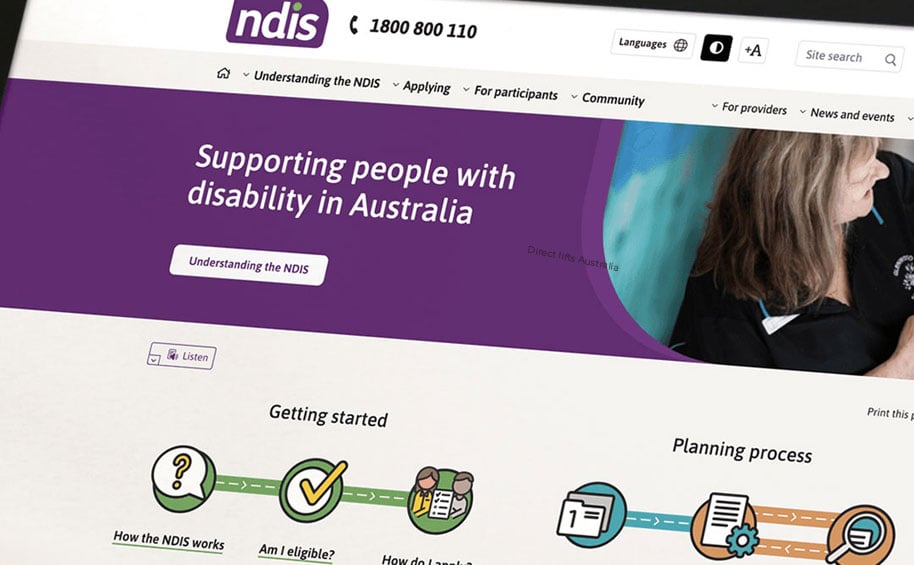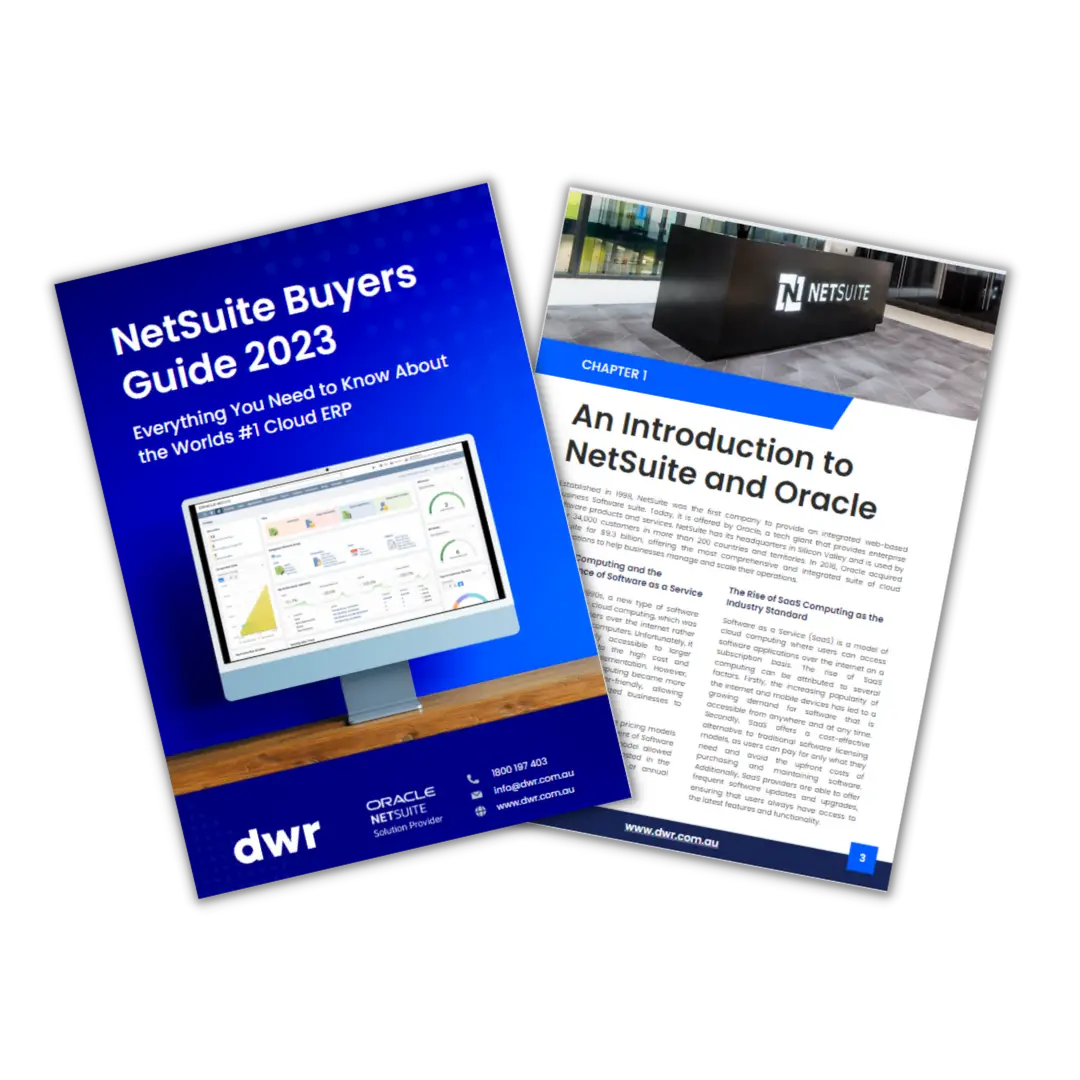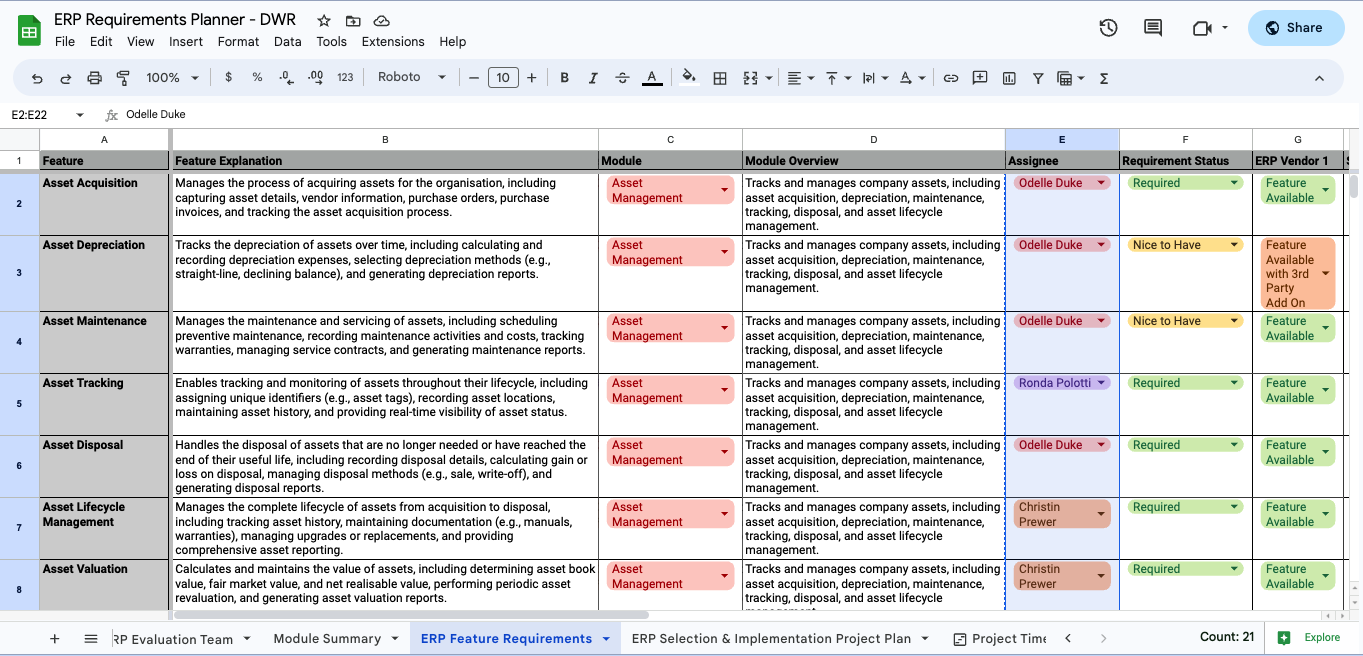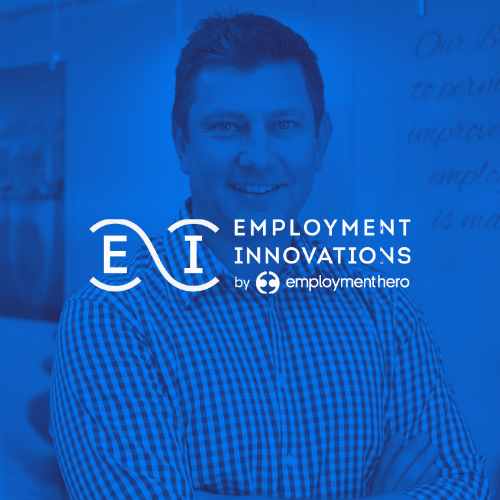In an era defined by rapid technological advancements and shifting market dynamics, businesses face constant challenges to adapt and evolve. While embracing new ideas and strategies is essential, the process of unlearning - letting go of outdated habits and mindsets - can often be the most daunting task. This exploration delves into the concept of unlearning, its critical role in fostering adaptability and how it can significantly contribute to business growth. By the end of this discussion, you'll gain insights into the importance of unlearning, practical strategies to implement it in your organisation and a deeper understanding of change management and professional development.
The Concept of Unlearning
Understanding Unlearning
Unlearning refers to the process of discarding knowledge, habits, or practices that no longer serve a purpose or align with current goals. This might seem counterintuitive, as businesses typically invest significant resources in training and knowledge acquisition. However, unlearning is just as vital as learning. It allows organisations to free themselves from cognitive biases and outdated practices that inhibit innovation and responsiveness.
The Importance of Unlearning in Business
In a constantly changing environment, adherence to old methods can lead to stagnation. Unlearning encourages a culture of flexibility and openness, enabling companies to pivot swiftly in response to market demands. For example, companies that struggled during the digital transformation often held on too tightly to traditional operational models, neglecting the need for innovative approaches.
The Intersection of Unlearning and Business Growth
Adaptability as a Competitive Advantage
In today’s fast-paced business environment, adaptability is paramount. Organisations that can quickly let go of outdated practices in favor of more relevant strategies tend to outperform their competitors. A study by McKinsey & Company indicates that companies demonstrating high adaptability in their business models achieved 25% more revenue growth than their less adaptive counterparts.
Change Management: Navigating the Transition
Implementing unlearning strategies necessitates effective change management. Businesses must guide their teams through the unlearning process by fostering a supportive environment that encourages experimentation and accepts failure as part of growth. For instance, Google’s policy of allowing employees to spend 20% of their work time on innovative projects exemplifies a successful approach to encouraging unlearning and creativity.
Strategies for Effective Unlearning
Creating a Culture of Continuous Learning
Organisations should cultivate an environment where continuous learning and unlearning are embedded in their culture. This can be achieved by:
Encouraging Open Dialogue
To encourage open dialogue, organisations can establish regular forums like town halls and brainstorming sessions where employees can share ideas and voice concerns. It's important to foster a culture of psychological safety where individuals feel comfortable expressing their opinions without fear of reprisal. Actively soliciting feedback from diverse perspectives and implementing anonymous feedback mechanisms can also encourage open communication. Additionally, training leaders and managers to actively listen and respond constructively to feedback is crucial.
Promoting Experimentation
Promoting experimentation involves allocating resources and dedicated time for teams to explore and test new ideas. Organisations should create a safe space for experimentation where failure is viewed as a learning opportunity. Encouraging calculated risk-taking and providing support throughout the experimentation process is also beneficial. Celebrating and sharing the learnings from both successful and unsuccessful experiments fosters a culture of continuous improvement. Implementing innovation challenges or hackathons can further encourage creative problem-solving.
Recognising and Rewarding Adaptability
To recognise and reward adaptability, organisations can develop formal recognition programs that highlight individuals and teams who embrace change and adopt new ways of working. Offering tangible rewards like bonuses or promotions can incentivise adaptability and continuous learning. Showcasing success stories of individuals who have successfully unlearned and adapted to new situations can inspire others. Incorporating adaptability as a key criterion in performance evaluations and career development plans further emphasises its importance. Additionally, providing opportunities for individuals to share their experiences and learnings from unlearning and adapting to change can be valuable.
Training and Development Programs
Investing in training that specifically targets unlearning can greatly enhance professional development. Workshops focusing on critical thinking, creative problem-solving, and emotional intelligence help employees let go of entrenched habits and adopt more flexible mindsets.
Leadership’s Role in Unlearning
Leaders play a crucial role in facilitating unlearning. They must model unlearning behaviors by being open to feedback, acknowledging their own outdated practices, and demonstrating a commitment to personal and professional growth. Companies like Netflix thrive largely due to their leadership’s willingness to adapt and shift away from traditional entertainment distribution models.
"Unlearning outdated practices is as vital as acquiring new knowledge. It fosters adaptability and empowers organisations to stay competitive in a rapidly evolving environment." – Tiernan O'Connor, Sales Director, DWR Consulting
Overcoming Resistance to Unlearning
One of the most significant barriers to unlearning is the inherent fear of change. Employees may feel threatened by the unknown, anxious about potential failures, or believe that their established methods are superior and any deviation is unnecessary. To counter this resistance and facilitate a smoother transition, organisations can implement several strategies:
Transparent and Open Communication
Clearly articulate the reasons behind the need for unlearning, emphasising the benefits for both the organisation and its members. Explain how the changing landscape necessitates adaptation and how unlearning will equip individuals with the skills and knowledge to thrive in the new environment. Address concerns openly and honestly, creating a safe space for dialogue and feedback.
Comprehensive Support and Resources
Offer a variety of support mechanisms, including coaching, mentoring, workshops, and access to relevant resources. This provides individuals with the tools and guidance they need to navigate the unlearning process and develop new skills.
Gradual and Phased Implementation
Introduce changes gradually, allowing individuals time to adjust and adapt. This reduces the feeling of being overwhelmed and allows for a smoother transition.
Acknowledge and Validate Concerns
Recognise that fear and anxiety are natural reactions to change. Acknowledge these concerns and validate individuals' feelings. This fosters trust and understanding, making individuals more receptive to the unlearning process.
Celebrate Successes and Milestones
Acknowledge and celebrate both individual and collective successes throughout the unlearning journey. This reinforces positive behaviors and motivates individuals to continue embracing change.
Handling Cognitive Dissonance in Unlearning
Cognitive dissonance arises when individuals hold conflicting beliefs about their practices. This can create discomfort and resistance to change. Organisations can reduce this discomfort and foster a smoother unlearning process by:
Cultivating a Growth Mindset
Encourage employees to see challenges as opportunities for learning and growth rather than threats to their competence. Emphasise the value of continuous learning and development.
Providing Evidence and Data
Share data and evidence that demonstrate the effectiveness of new approaches. This can help individuals reconcile conflicting beliefs and embrace new ways of thinking.
Encouraging Experimentation and Reflection
Create a safe environment where individuals can experiment with new approaches and reflect on their experiences. This allows for a gradual shift in mindset and the development of new habits.
Leading by Example
Leaders should model the desired behaviors and actively participate in the unlearning process. This demonstrates commitment and encourages others to follow suit.
Peer-to-Peer Learning and Support
Encourage knowledge sharing and collaboration among colleagues. This allows individuals to learn from each other's experiences and successes, reinforcing the value of unlearning.
By addressing the fear of change and cognitive dissonance, organisations can create a more supportive and conducive environment for unlearning. This enables individuals to let go of outdated practices and embrace new ways of thinking and working, ultimately leading to greater agility, innovation, and success in an ever-changing world.
The Future of Unlearning in Business
Unlearning is not merely a supplementary aspect of professional development; it is a cornerstone of business growth and adaptability. By actively engaging in the unlearning process, organisations can discard outdated habits, embrace innovation, and enhance their responsiveness to change. To foster an environment conducive to unlearning, businesses should prioritise continuous learning, implement supportive change management practices, and recognise the pivotal role of leadership in guiding teams through this transformative journey.
To initiate the unlearning process within your organisation, start by assessing current practices and identifying areas where outdated habits may be hindering growth. Engage employees in discussions about the importance of unlearning, provide resources for training, and encourage an open-minded approach to change. Explore further resources on change management and adaptability to enhance your understanding and application of these critical concepts.
By embracing the power of unlearning, you equip your organisation not only to survive but to thrive in an ever-evolving business landscape.
.svg)

.avif)














































